Summaries of books about Science & Math:
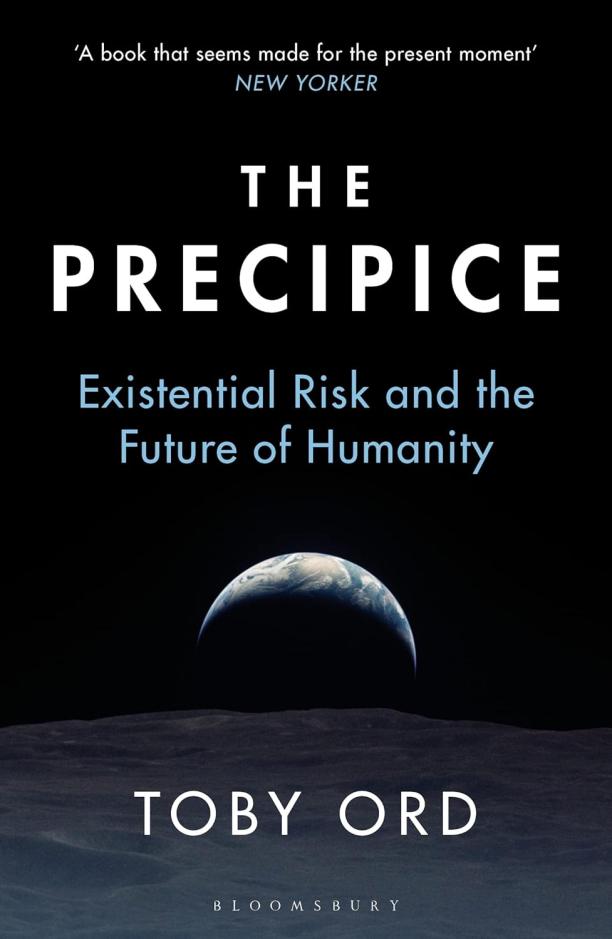
The Precipice
‘A book that seems made for the present moment’ New Yorker
Toby Ord
The book explores the existential risks facing humanity, such as artificial intelligence, bioengineered pandemics, and climate change, assessing the probabilities and potential impacts of these threats. It also discusses the moral imperative of safeguarding the future of humanity and the ethical considerations involved in reducing these risks to ensure the long-term survival and flourishing of human civilization.
See full summary
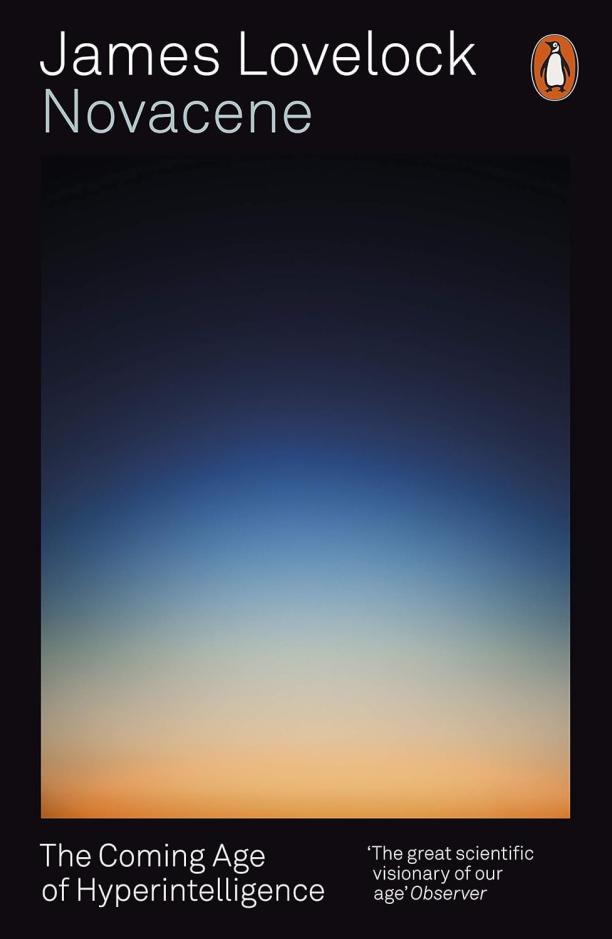
Novacene
The Coming Age of Hyperintelligence
James Lovelock
The book presents the hypothesis that a new era, the Novacene, is emerging where artificial intelligence will surpass human intelligence and become the dominant form of life on Earth. It explores the potential symbiosis between humans and advanced AI, suggesting that AI entities will be able to process information and innovate at speeds incomprehensible to us, potentially leading to rapid and profound changes in science, society, and the environment.
See full summary

The Rules of Contagion
Why Things Spread--And Why They Stop
Adam Kucharski
The book explores the science of contagion and the patterns behind how diseases, information, and trends spread through human populations. It delves into mathematical models and historical examples to explain the dynamics of transmission and the factors that can halt or amplify a contagion's reach.
See full summary
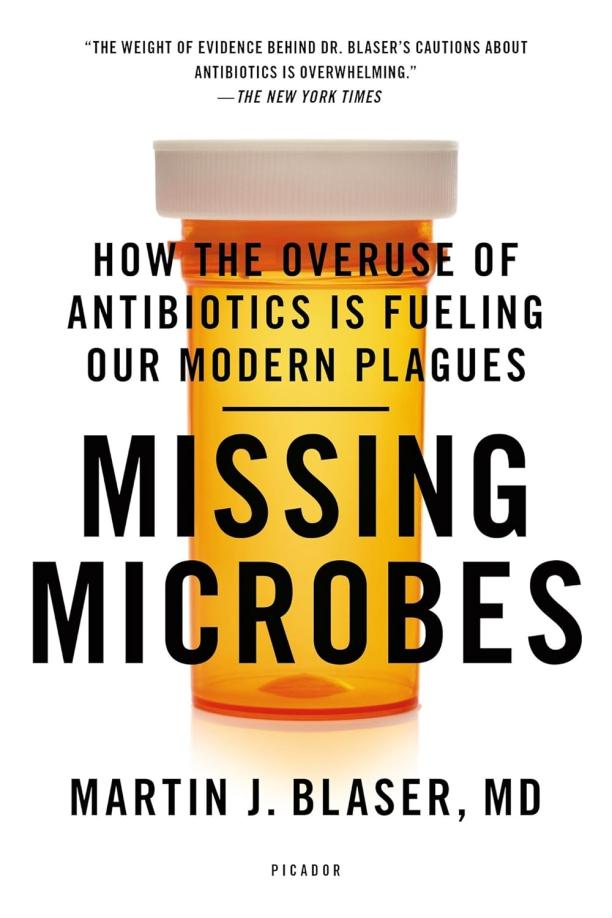
Missing Microbes
How the Overuse of Antibiotics Is Fueling Our Modern Plagues
MD Blaser, Martin J.
The book explores the detrimental impact of antibiotic overuse on human health, particularly how it disrupts the delicate balance of our microbiome. It links this disruption to the rise of chronic diseases, such as obesity, asthma, and allergies, and calls for a reevaluation of our approach to antibiotics and hygiene.
See full summary

The Forest Unseen
A Year's Watch in Nature
David George Haskell
The book is a collection of detailed observations and reflections on a single square meter of forest in Tennessee over the course of one year. Through these observations, the author explores the complex ecological processes and the interconnectedness of life within this small patch of nature.
See full summary
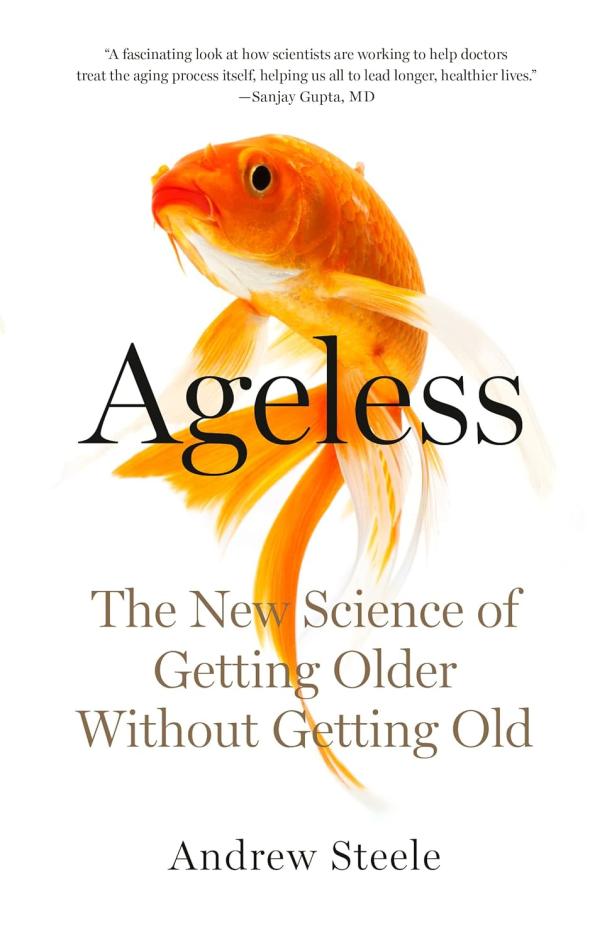
Ageless
The New Science of Getting Older Without Getting Old
Andrew Steele
The book delves into the latest research in biogerontology, exploring the scientific advancements that could potentially slow down or reverse the aging process. It discusses the underlying mechanisms of aging, such as cellular senescence and DNA damage, and examines potential interventions, from drugs to lifestyle changes, that aim to extend human healthspan and lifespan.
See full summary
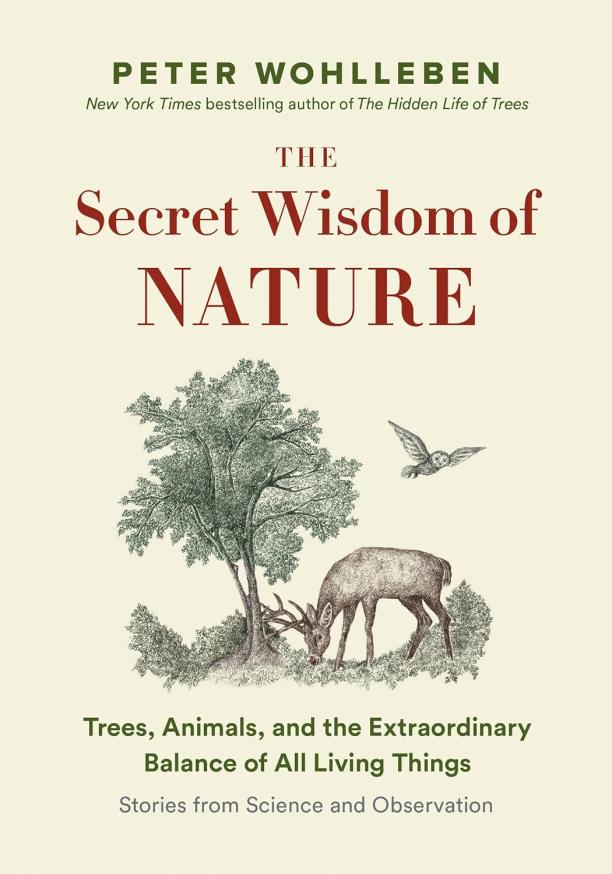
The Secret Wisdom of Nature
Trees, Animals, and the Extraordinary Balance of All Living Things -— Stories from Science and Observation
Peter Wohlleben
The book delves into the complex interrelationships and interdependencies among plants, animals, and their environments, revealing the intricate ecosystems that sustain life on Earth. Through a combination of scientific insights and observational anecdotes, it highlights the often-unseen communication and cooperation in nature that contribute to the balance and resilience of the natural world.
See full summary
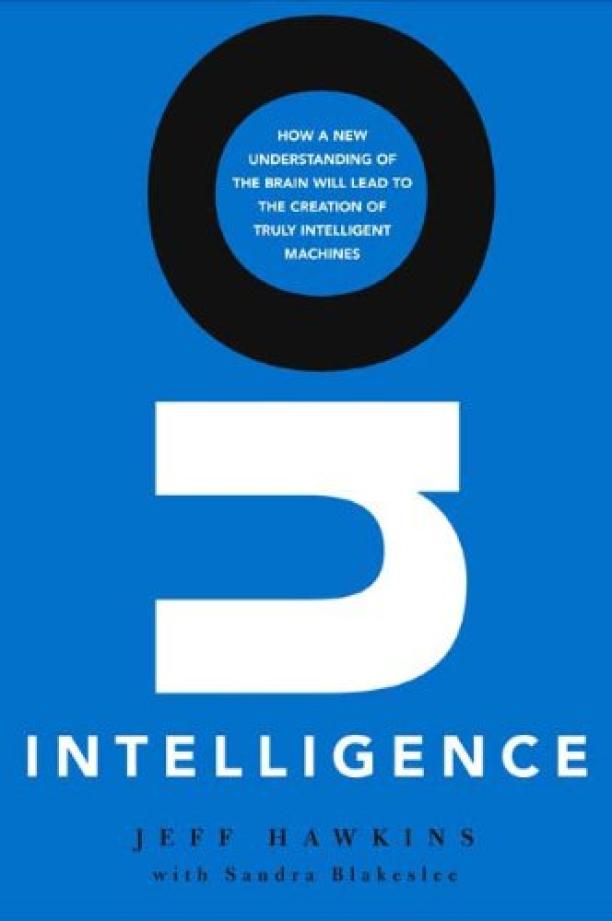
On Intelligence
How a New Understanding of the Brain Will Lead to the Creation of Truly Intelligent Machines
Jeff Hawkins|Sandra Blakeslee
The book presents a theory of how the brain works, focusing on the role of the neocortex in enabling intelligence and predicting patterns. It also discusses the implications of this understanding for the development of artificial intelligence, proposing a framework for building machines that can truly learn and think like humans.
See full summary
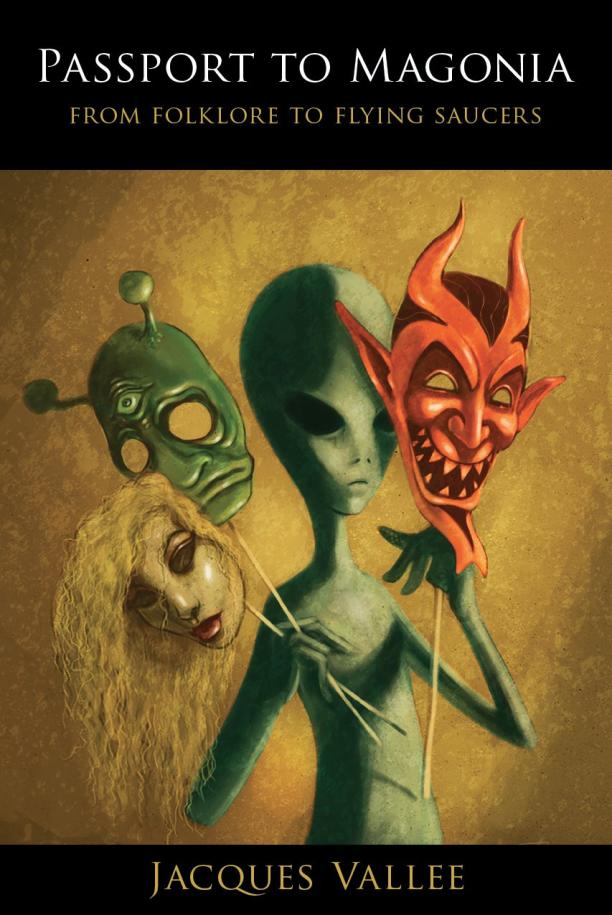
Passport to Magonia
From Folklore to Flying Saucers
Jacques Vallee
The book explores the connections between modern UFO sightings, historical accounts of encounters with otherworldly beings, and folklore, suggesting that these phenomena may be part of a continuous experience throughout human history. It proposes that extraterrestrial hypotheses may not fully explain the complexity of these encounters, instead offering a framework that considers a broader range of cultural and psychological factors.
See full summary
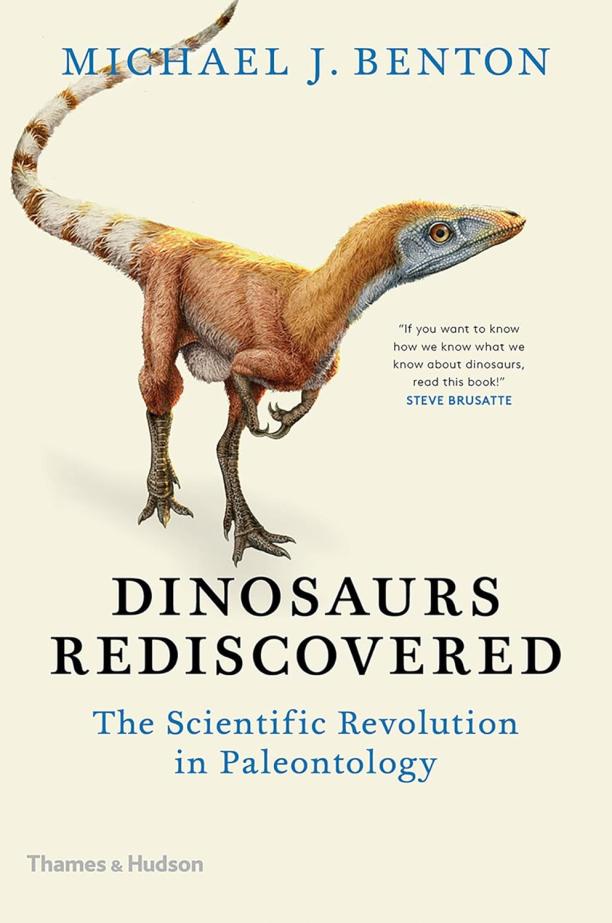
Dinosaurs Rediscovered
The Scientific Revolution in Paleontology
M. J. Benton
The book delves into the transformative advancements in paleontology over the past few decades, highlighting how new technologies and discoveries have revolutionized our understanding of dinosaur biology, behavior, and evolution. It explores topics such as the color of dinosaur feathers, the connection between dinosaurs and birds, and how these ancient creatures lived and interacted with their environment.
See full summary